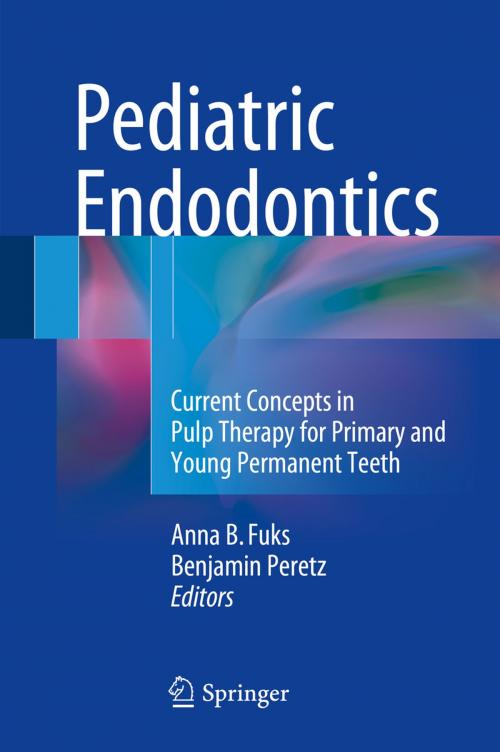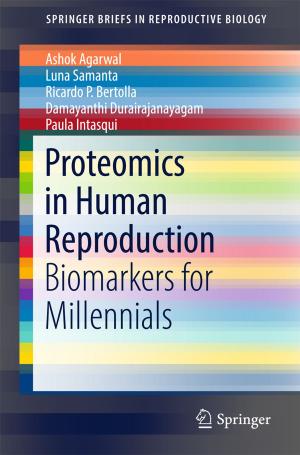Pediatric Endodontics
Current Concepts in Pulp Therapy for Primary and Young Permanent Teeth
Nonfiction, Health & Well Being, Medical, Dentistry| Author: | ISBN: | 9783319275536 | |
| Publisher: | Springer International Publishing | Publication: | February 25, 2016 |
| Imprint: | Springer | Language: | English |
| Author: | |
| ISBN: | 9783319275536 |
| Publisher: | Springer International Publishing |
| Publication: | February 25, 2016 |
| Imprint: | Springer |
| Language: | English |
This book provides dental professionals with a clear understanding of current clinical and scientific knowledge on the various aspects of pulp treatment for both primary and young permanent teeth. Diagnostic parameters are clearly presented, along with step-by-step descriptions of clinical procedures, including indirect and direct pulp treatments, pulpotomy, and pulpectomy. The rationale for the materials used in each technique and their individual merits and disadvantages are examined in detail. In the case of pulpotomy, all the materials used since the introduction of this treatment modality are discussed (e.g., formocresol, glutaraldehyde, ferric sulfate, and MTA) and the roles of sodium hypochlorite, electrofulguration, and laser therapy are elucidated. Special attention is devoted to pulpectomy and root canal treatment, with consideration of debriding and obturation techniques, rinsing solutions, and root-filling pastes. A further individual chapter is dedicated to restorations of teeth treated with the different types of pulp therapy. The various conservative treatment modalities are also presented, including specific treatments for immature nonvital permanent teeth. The concluding chapter looks to the future and the potential value of stem cells in pulp therapy.
This book provides dental professionals with a clear understanding of current clinical and scientific knowledge on the various aspects of pulp treatment for both primary and young permanent teeth. Diagnostic parameters are clearly presented, along with step-by-step descriptions of clinical procedures, including indirect and direct pulp treatments, pulpotomy, and pulpectomy. The rationale for the materials used in each technique and their individual merits and disadvantages are examined in detail. In the case of pulpotomy, all the materials used since the introduction of this treatment modality are discussed (e.g., formocresol, glutaraldehyde, ferric sulfate, and MTA) and the roles of sodium hypochlorite, electrofulguration, and laser therapy are elucidated. Special attention is devoted to pulpectomy and root canal treatment, with consideration of debriding and obturation techniques, rinsing solutions, and root-filling pastes. A further individual chapter is dedicated to restorations of teeth treated with the different types of pulp therapy. The various conservative treatment modalities are also presented, including specific treatments for immature nonvital permanent teeth. The concluding chapter looks to the future and the potential value of stem cells in pulp therapy.















